In August 2025, Türkiye’s ferrous and non ferrous metals sector achieved USD 1 billion in exports, reflecting 2% increase, while the steel sector recorded USD 1.4 billion in exports, representing 1.3% decrease during the same period.Between January to August, exports of ferrous and non ferrous metals increase by 6.1%, reaching USD 8.7 billion, whereas steel exports increased by 2.3%, totaling USD 11 billion. As a result, the combined share of both sectors in Türkiye’s total exports reached 11.1%.
MSMEA's exports neared USD 2 billion .
In August, the Mediterranean Ferrous and Non-Ferrous Metals Exporters' Association (MSMEA) recorded USD 64 million in ferrous and non ferrous metals exports, marking 0.3% increase, while steel exports amounted to USD 184 million, reflecting 15.4% decrease.In the first eight months of the year, MSMEA’s ferrous and non ferrous metals exports increase by 8.1%, reaching USD 531 million, whereas steel exports declined by 6.7%, decrease to USD 1.4 billion.
In August, Germany was the top destination for Türkiye’s overall iron and steel exports, followed by Italy, Romania, the United Kingdom, and Spain. Among the top 10 markets, exports to Morocco increased by 136%, while exports to Ukraine increase by 31%.For MSMEA's August exports, Iraq ranked first, followed by Saudi Arabia, Italy, the United States, and Germany. Within MSMEA's top 10 markets, exports to Saudi Arabia increased by 97%, to Greece by 96%, and to the United States by 67%.
MSMEA President Fuat Tosyalı stated that the sector continues to maintain its strong position in the global market, saying:"Through our projects focused on sustainability, digitalization, and value-added products, we are responding more quickly to our existing customers while also expanding into new markets. By participating in international trade fairs, organizing trade delegations, and fostering new collaborations, we are increasing the visibility of our companies. Our goal is to represent the sector in more markets with strong, innovative, and high value added products."
Tosyalı also drew attention to the increasing protectionism in the global steel market, particularly to the influx of dumped products originating from China, stating:“Due to its high production capacity, China is directing dumped products toward global markets, which not only harms our domestic market but also negatively impacts our exports. Therefore, it is crucial that the measures taken by our relevant ministries are strategically expanded. Chinese manifacturers using our country as a transit point to access Europe threatens our competitiveness in the European market. For this reason, we must develop a comprehensive approach that protects not only the domestic market but also our export markets.”
IPR Regulation to Provide Strategic Protection
Tosyalı stated that the Ministry of Trade’s new regulation regarding the Inward Processing Regime (IPR) would benefit the sector. Under the new regulation, the validity periods of Inward Processing Regime (IPR) permits have been shortened, and a requirement has been introduced mandating that at least 25% of the products used in export production must be sourced domestically.Tosyalı emphasized that , “This is a highly positive development that supports domestic production and provides strategic protection against unfair competition. The continued implementation of such measures with care is critically important for the sustainability of our iron and steel industry and for our country’s growth through value added production.”


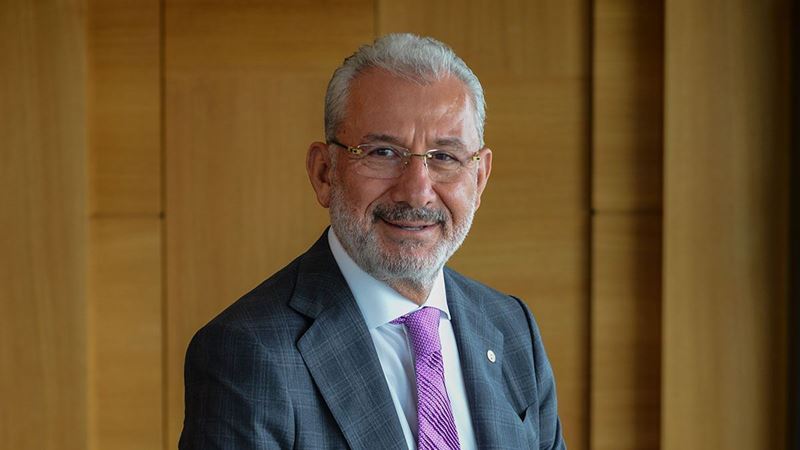
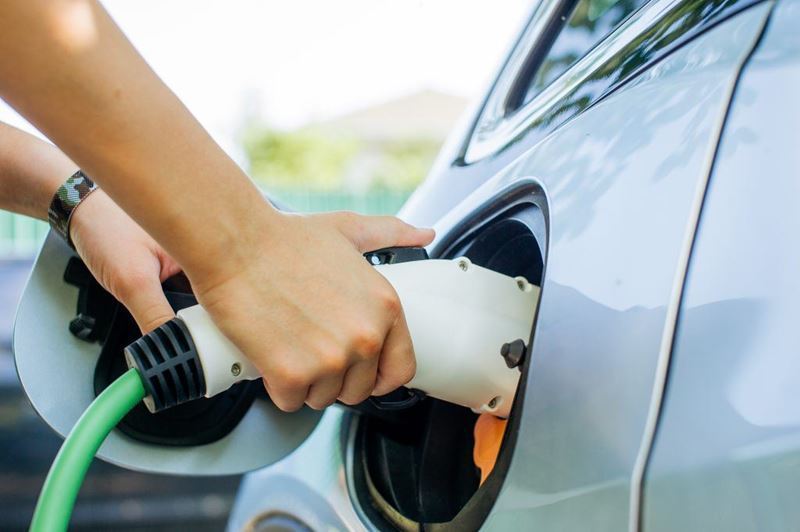
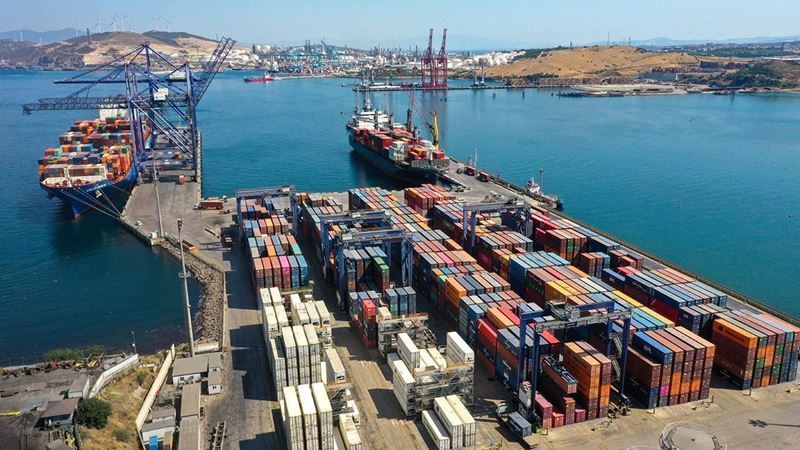
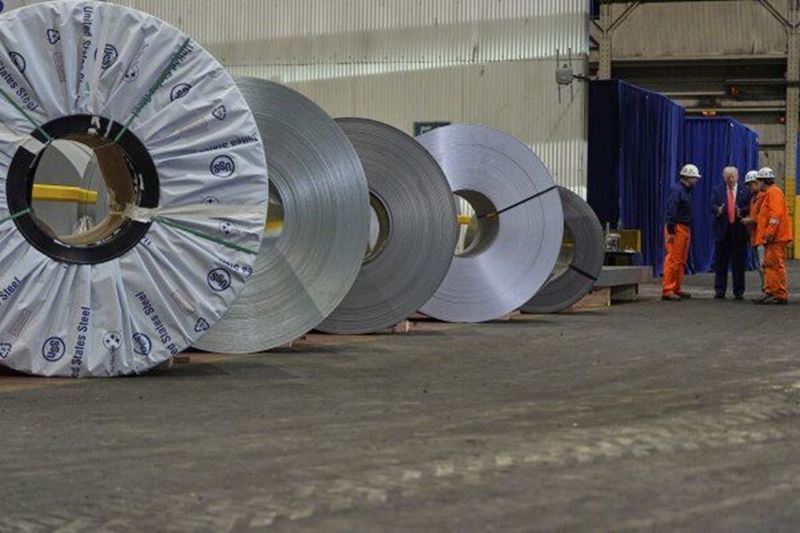
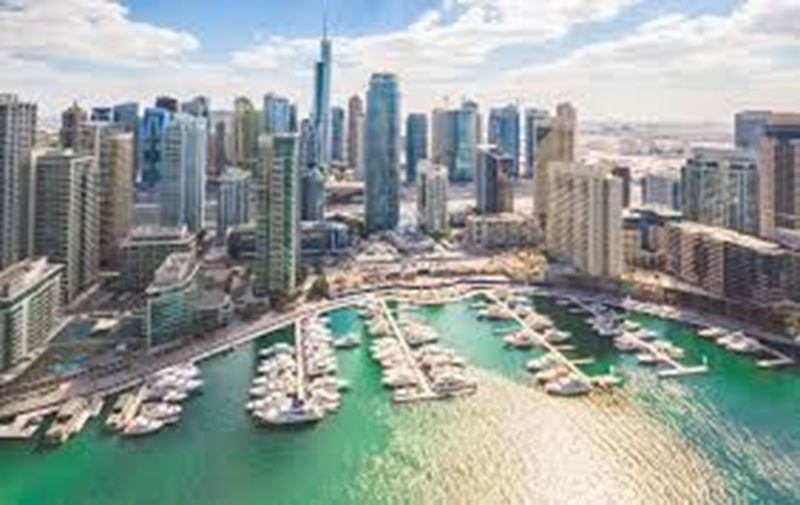



Comments
No comment yet.